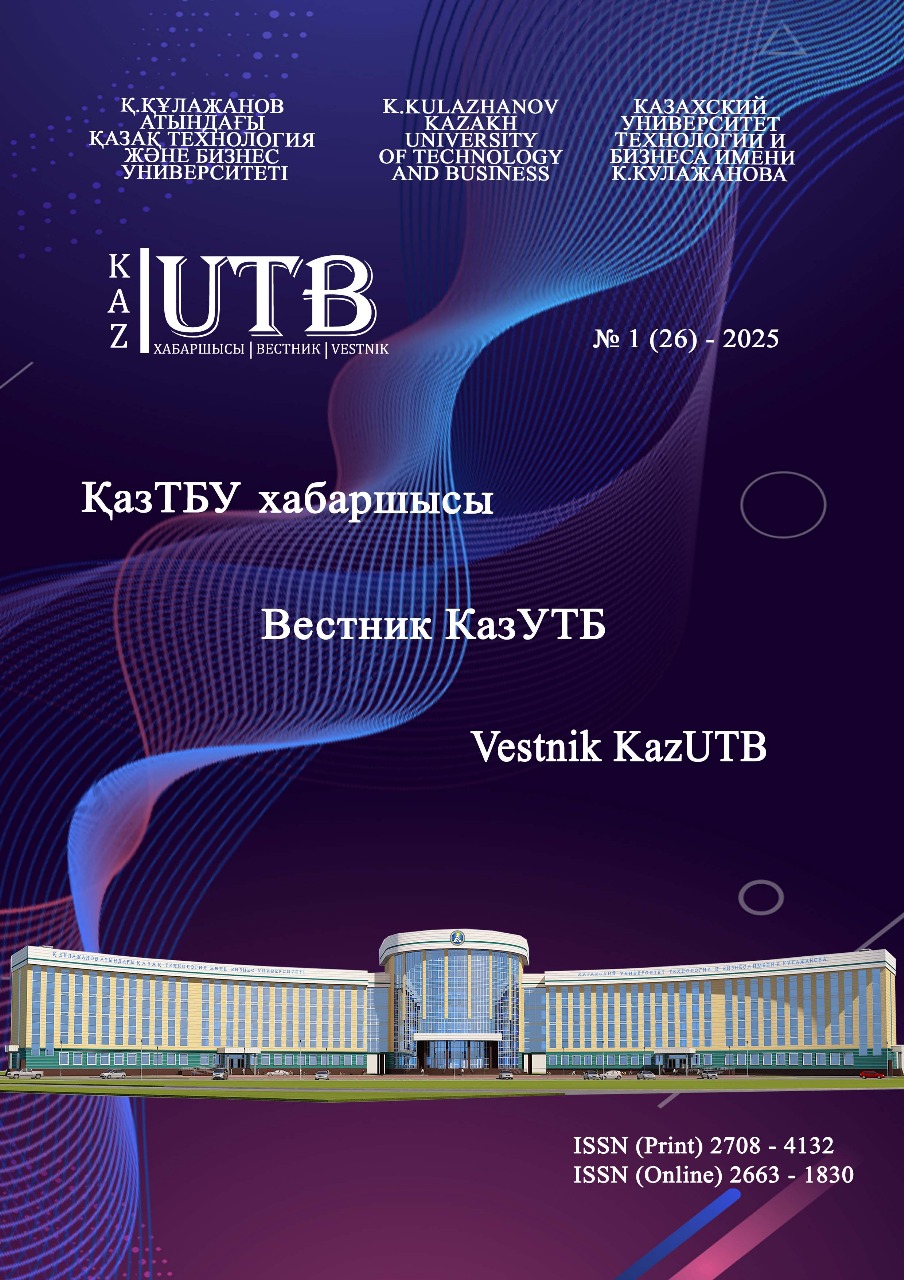Меню


Manufacturing and manufacturing industries
No. 1 (26) - 2025 / 2025-03-31 / Number of views: 69
DEVELOPMENT OF YOGURT TECHNOLOGY WITH PLANT-BASED ANTIOXIDANTS
Authors
Keywords
functional foods, yogurt, lactic acid product, antioxidant, beetroot powder, quality assessment.
Link to DOI:
How to quote
Abstract
The use of new components of plant origin, previously unused in yogurt production, not only gives the product completely new taste properties, but also enriches it with important nutrients necessary for the human body, allowing the development of functional food products. The purpose of this study was to study the effect of using beetroot powder as a fortifier in the preparation of functional lactic acid products. During the work, samples of lactic acid yogurt with beetroot powder as a plant additive in various concentrations were prepared. Beetroot powder was added to pasteurized milk and mixed before adding lactic acid bacteria. As a result of the study, it was found that using beetroot powder as an fortifier allows you to reduce the time of lactic acid fermentation. The quality of the obtained yogurt samples was evaluated according to organoleptic, physicochemical indicators, and taste tests were conducted. It was found that the added plant additive had a positive effect on the appearance, structure, and taste of yogurt. The addition of beetroot powder reduced the suspension of milk and increased the water-binding capacity of yogurt. The nutritional value of the obtained yogurt samples was calculated, and it was found that the iron content increased in the sample with the addition of 0.25% beetroot powder.




